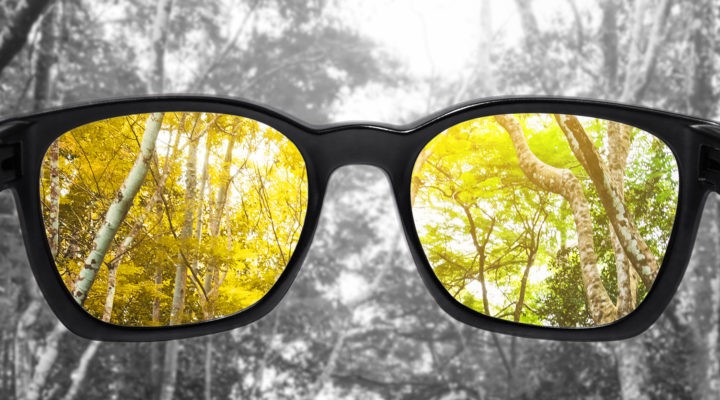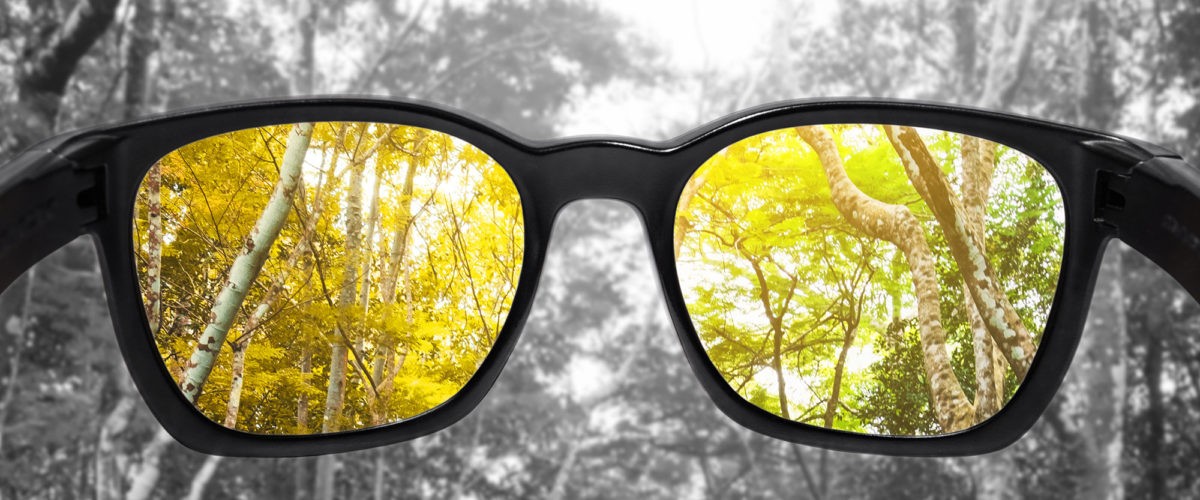In an effort to prove that they are not part of the American pandemic of racism, I’ve had quite a number of well-meaning people tell me they “don’t see color.” As much as I appreciate what they are trying to do, there are several reasons why this is actually counterproductive.
I’m not sure it is even possible for any minimally perceptive person not to see color. How can we ever achieve and participate in true healing when we endeavor to exist outside of sociohistorical realities? Neither denial nor delusion are helpful.

Sid Smith III
Even if personal color blindness were attainable, how do you know that I want to have my Blackness ignored or denied as if it were something to suppress? I truly love being Black, and when we truly heal, we will find ourselves appreciating and celebrating God’s artistic brilliance in creating us as we are, individually and collectively.
Additionally, how do we accurately identify when racial injustice is being employed if we are actively attempting to ignore causative factors? If we truly want to be a part of the solution instead of a part of the problem, we need to stop trying to be color blind. Instead, we need to appreciate the beautiful tapestry of racial, ethnic and cultural diversity we find ourselves blessed to be a part of. We need to be candidly honest about where racism exists — historically, institutionally, introspectively. The truth will set us free.
We need to be courageously committed to tearing down racism wherever we find it, even if it’s in the comfortable habits we enjoy, even if it’s in the institutions that value and profit from it, even if it causes us to admit that we are a bit more like Archie Bunker or George Jefferson than we’d like to admit.
But don’t try to pull the wool over my eyes by telling me you don’t see color. No matter how great your intentions, that’s not a good look.
Sid Smith III is a music ministry consultant and serves at Third Baptist Church of San Francisco. His father, Sid Smith Jr., was a pioneer Southern Baptist Convention leader credited with starting more than 400 predominantly Black SBC churches.
Related articles:
HBCUs urge Congress to see infrastructure funding as a justice issue
‘Colorblindness’ ignores systemic racism, speaker says
Two words, two virtues, to help America move forward | Opinion by Stephen Shoemaker


